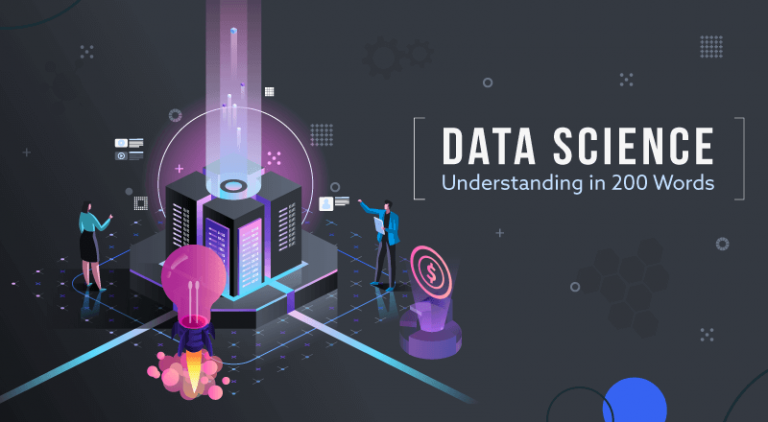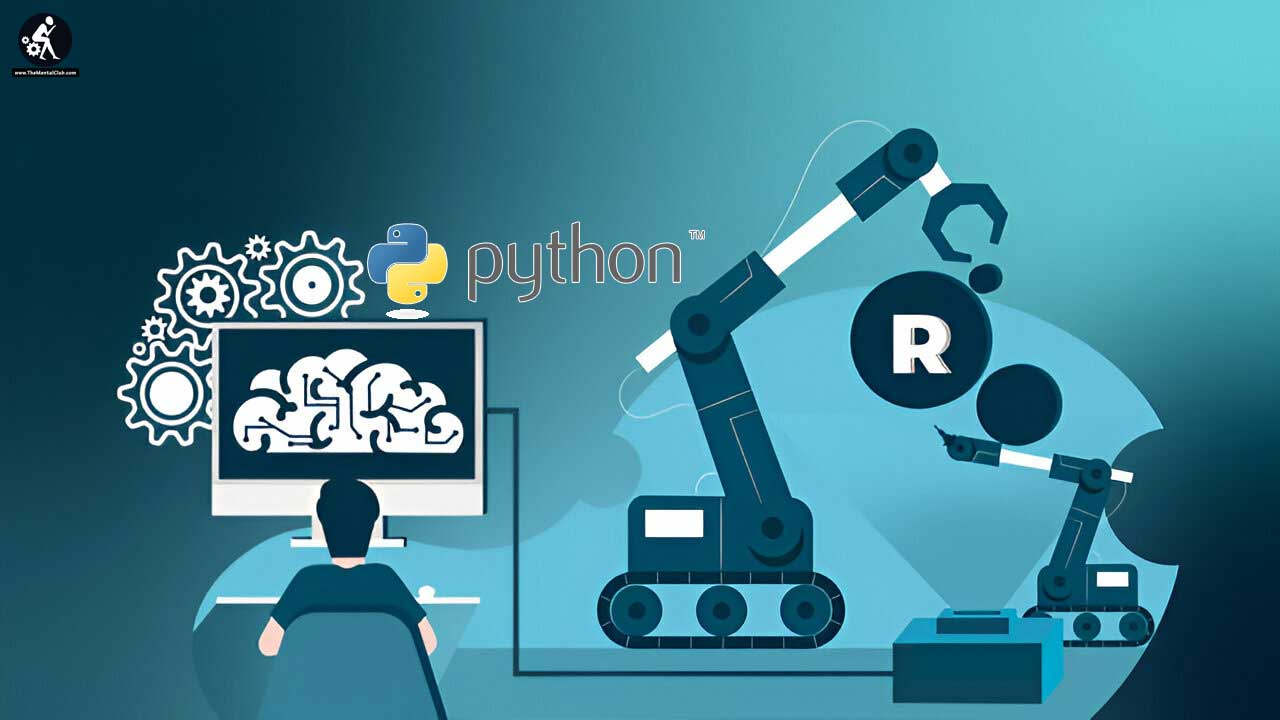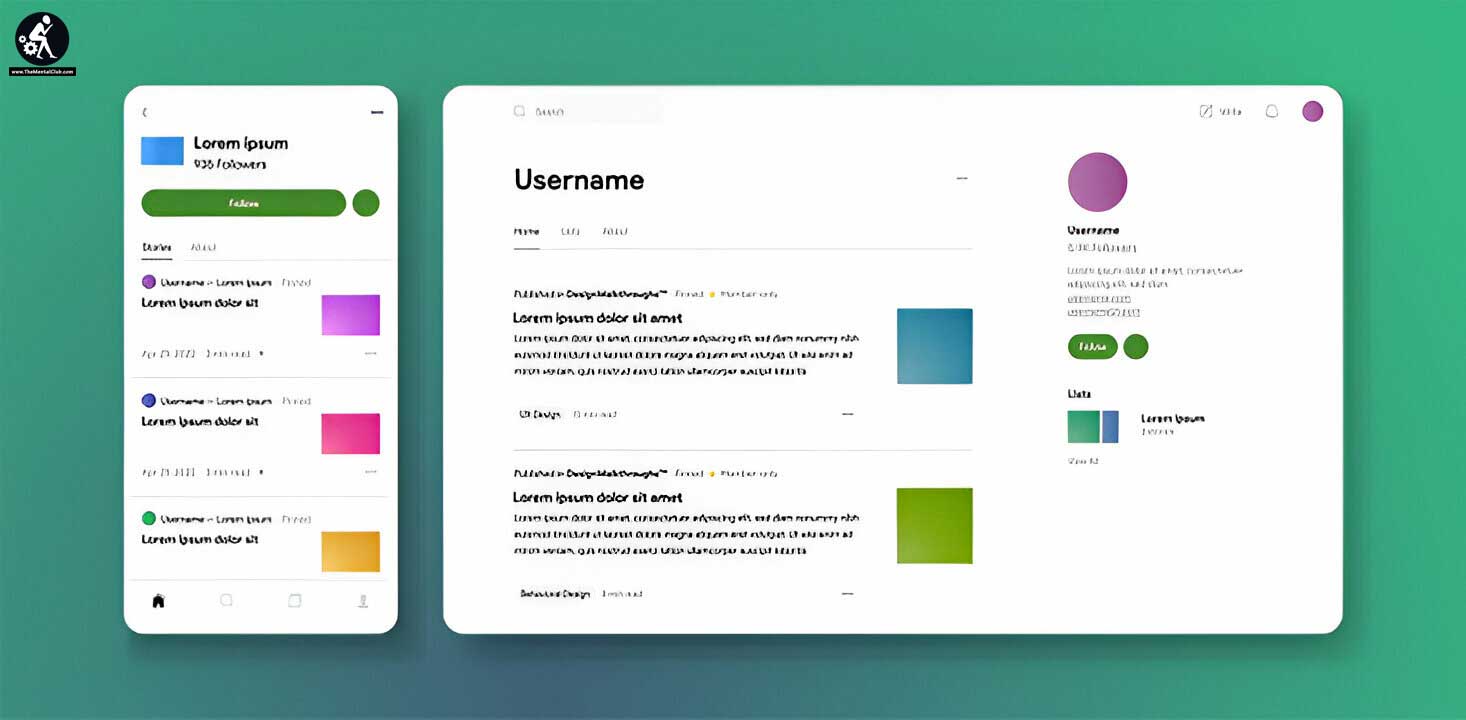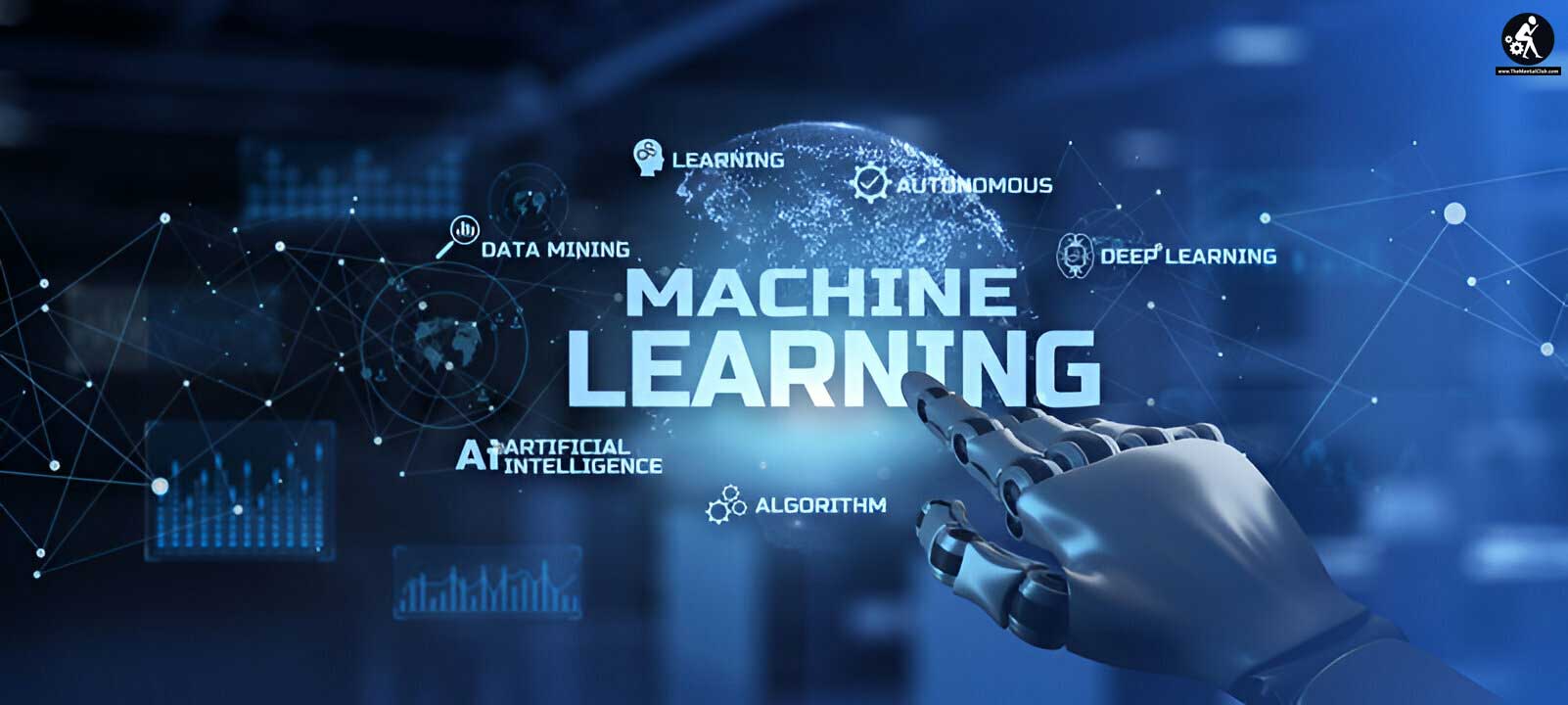Embarking on a data science course equips you with the skills to navigate the vast and ever-evolving world of data. However, to truly maximize your learning and become a well-rounded data scientist, having access to the right resources is crucial. Here are some must-have resources to enhance your data science learning journey:

1. Online Learning Platforms:
- MOOCs (Massive Open Online Courses): Platforms like Coursera, edX, and Udacity offer a plethora of data science courses, ranging from beginner-friendly to advanced topics, often taught by industry experts. These courses often come with additional resources like quizzes, assignments, and discussion forums.
- Interactive Coding Platforms: Websites like DataCamp and Kaggle Learn provide interactive coding exercises and tutorials, allowing you to practice your coding skills and solidify your understanding of data science concepts in a hands-on environment.
2. Programming Languages:
- Python: Widely considered the go-to language for data science, Python offers a vast ecosystem of libraries and frameworks specifically designed for data manipulation, analysis, and machine learning.

- R: Another popular choice for data science, R is especially known for its powerful statistical capabilities and data visualization libraries. Mastering at least one of these languages is essential for any aspiring data scientist.
3. Data Visualization Tools:
- Matplotlib and Seaborn (Python): These libraries provide a comprehensive toolkit for creating various types of visualizations, allowing you to effectively communicate your data insights.

- ggplot2 (R): A popular R package known for its user-friendly interface and flexibility in creating compelling data visualizations.
4. Online Communities:
- Forums and Discussion Boards: Platforms like Reddit’s r/data science and online forums dedicated to data science can be invaluable resources for asking questions, seeking help, and engaging in discussions with other aspiring and experienced data scientists.

- Social Media Groups: Joining data science communities on platforms like LinkedIn and Facebook can help you stay updated with the latest trends, network with professionals, and learn from others’ experiences.
5. Books and Articles:
- “Python for Data Analysis” by Wes McKinney: A comprehensive guide to using Python for data analysis, covering data manipulation, visualization, and various libraries.
- “The Elements of Statistical Learning” by Hastie, Tibshirani, and Friedman: A classic text offering a deep dive into statistical learning and machine learning algorithms.

- Blogs and Articles: Staying updated with the latest advancements in the field is crucial. Subscribing to blogs and publications focused on data science allows you to learn from industry experts and stay ahead of the curve.
6. Open-Source Datasets:
- Kaggle Datasets: This platform provides access to a vast collection of real-world datasets across various domains, allowing you to practice your data analysis skills on practical problems and participate in data science competitions.

- UCI Machine Learning Repository: Another valuable resource for finding and downloading a variety of machine learning datasets for your projects and experimentation.
7. Personal Projects:
Engaging in personal projects is one of the most effective ways to solidify your learning and showcase your skills. Look for opportunities to apply your newfound knowledge to solve real-world problems, participate in hackathons, or contribute to open-source projects.
Conclusion:
Embarking on a data science course is an exciting first step towards a rewarding career in this dynamic field. However, maximizing your learning and becoming a well-rounded data scientist requires leveraging the right resources beyond the classroom. By incorporating the must-have resources outlined in this article, you’ll gain access to a treasure trove of knowledge, practical tools, and supportive communities, even while enrolled in data science classes in Nashik, Gwalior, Noida and all cities in India.
Remember, your learning journey is not confined to the course curriculum. Utilize online platforms, master essential programming languages, explore data visualization tools, engage with online communities, and stay updated through relevant publications. Don’t hesitate to experiment with personal projects and contribute to open-source initiatives to solidify your understanding and showcase your skills.
The resources you choose will be unique to your individual learning style and aspirations. However, by actively engaging with this diverse toolkit, you’ll empower yourself to navigate the vast world of data with confidence and transform from a data science student into a future-ready professional in Nashik. So, embrace the journey, utilize these resources effectively, and unlock your full potential as a data scientist.
Read also: Top 10 Reasons Why Your Business Needs Custom CRM Development







































